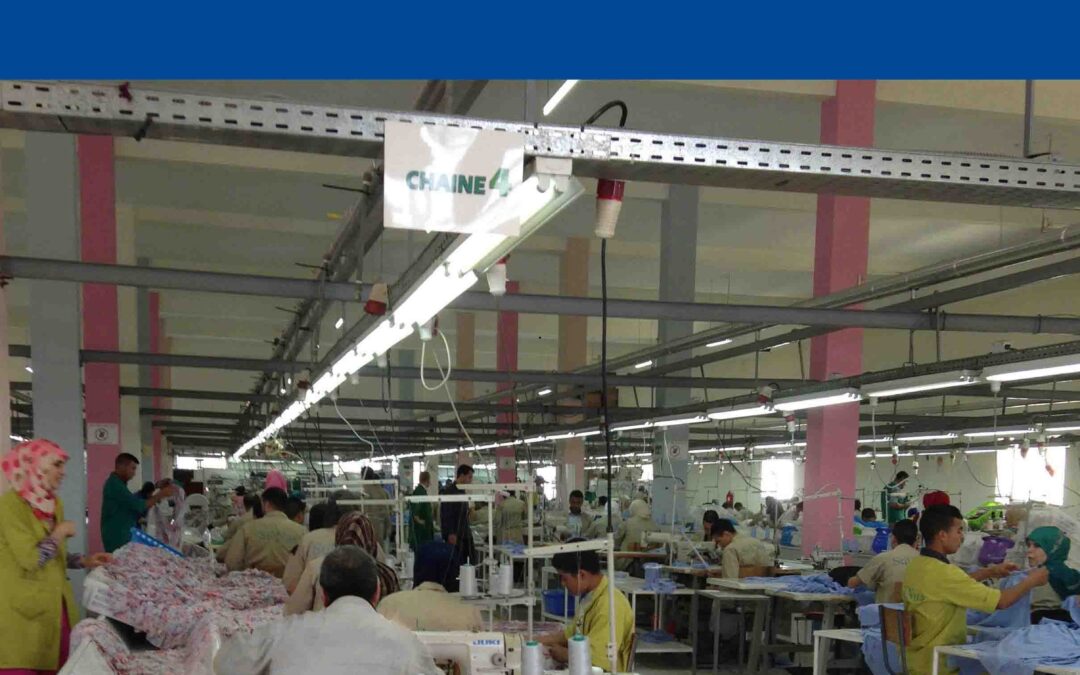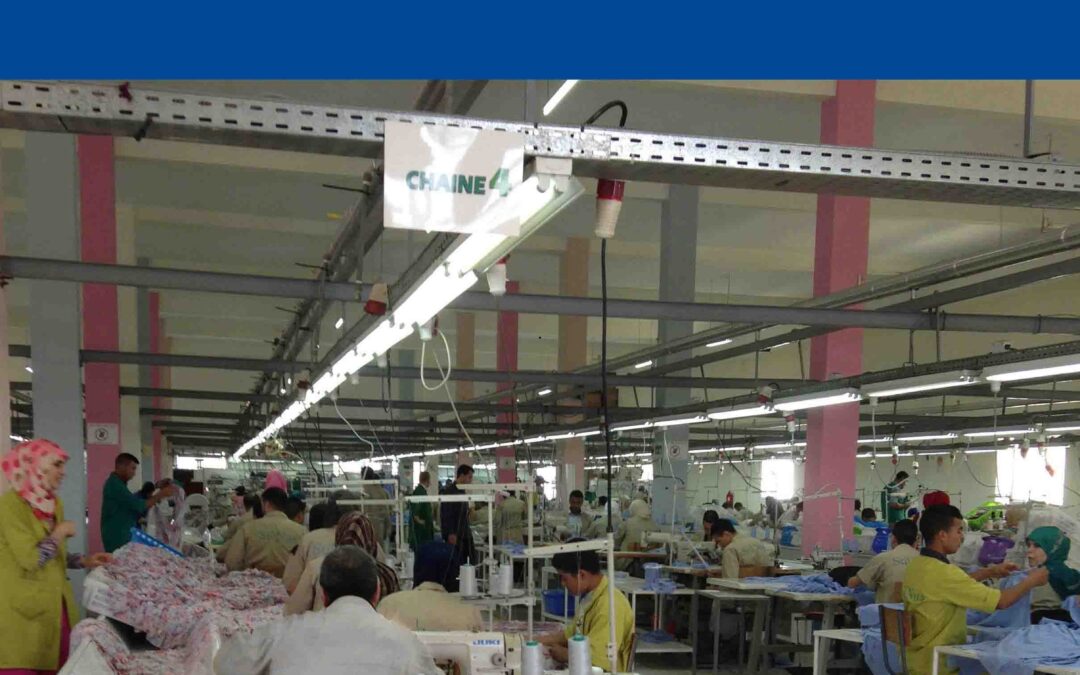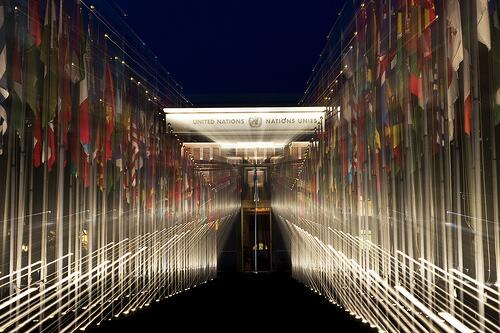
Oct 9, 2014
La CIJ a publié aujourd’hui un nouveau rapport sur les régimes économiques spéciaux et leur impact sur les droits sociaux au Maroc.
Sont concernés notamment les droits à la terre et à l’eau et la sécurité sociale et de l’emploi.
Les régimes économiques spéciaux ont pour but de faciliter les exportations et les investissements dans des domaines comme l’agriculture et le textile.
Cette étude est l’aboutissement d’un projet conduit au Maroc et au Pérou.
Morocco-Droits sociaux et regimes speciaux-Publications-thematic report-2014-FRE (télécharger le rapport en français, PDF)

Oct 9, 2014
The ICJ today released its latest report on the impact of special economic regimes on social rights in Morocco. The report (in French) is the result of a research and consultation process started early 2014.
It is the outcome of a project carried out in Morocco and Peru that aims at identifying and illustrating the impact on economic, social and cultural rights (ESCR) of policies and laws that introduce and extend special economic zones and regimes to promote exports and investment in the times of economic crises.
It aims at analysing if and to what extent social rights, including but not exclusively limited to labour rights, become “adjustment variables” for countries in search of economic growth and of increased exports to secure foreign currencies to repay their debts.
The report is also part of a broader programme of work of the ICJ on ESCR in Morocco that has included an analysis of the obstacles and the realities of access to justice for victims of violations of these rights in the country, as well as a dialogue with various national actors on the specific topic of focus in the report.
In this regard, the ICJ is encouraged to see the start of work, among others by the Moroccan national human rights institution, to identify the situation, and specific needs and problems of agricultural workers in the country.
The ICJ will continue to work with these national actors on these matters.
The report is written in French and can be downloaded below:
Morocco-Droits sociaux et regimes speciaux-Publications-thematic report-2014-FRE

Sep 26, 2014 | News
As the UN Human Rights Council approached the conclusion of its 27th regular session tonight, it adopted resolutions including on the topics of violence and discrimination on the basis of sexual orientation or gender identity and the protection of civil society space.
The resolutions on civil society space, and on non-violence and non-discrimination on grounds of sexual orientation or gender identity, were adopted after a series of hostile amendments were defeated.
The resolution on sexual orientation and gender identity, led by Brazil, Chile, Colombia and Uruguay, recognizes the worldwide problem of violence and discrimination, and builds on a resolution on the same subject from 2011. It calls for the High Commissioner for Human Rights to update the report produced under the 2011 resolution.
The States that supported the resolution on sexual orientation and gender identity overcame a series of amendments brought by Congo, Djibouti, Egypt, Malaysia, Nigeria, South Sudan, Uganda, and United Arab Emirates. The amendments would have among other things deleted all references to sexual orientation and gender identity from the resolution text, fundamentally changing its purpose, and perpetuating a complete denial of the very real violence and discrimination inflicted on lesbian, gay, bisexual, transexual and intersex people in all regions of the world.
The civil society space resolution, which was led by Chile, Ireland, Japan, Sierra Leone, Tunisia, draws on discussions at a Panel convened by the Council earlier in the year. It affirms the valuable contribution made by civil society in countries around the world, expresses concern about the threats and challenges faced by civil society, and requests the High Commissioner for Human Rights to produce practical recommendations for addressing these threats and concerns.
The texts of the resolutions (in the final draft form on which they were adopted – the official final versions are not yet available) are available here: Civil Society Resolution Sexual Orientation Gender Identity Resolution
A joint NGO press release on the resolution on sexual orientation and gender identity is available here.
The ICJ maintains databases of jurisprudence, legislation and UN action on the topic of sexual orientation and gender identity.

Sep 18, 2014
The ICJ has joined more than 150 other NGO in condemning the politically motivated arrest of human rights defender and co-director of the Gulf Centre for Human Rights, Maryam Al-Khawaja on 30 August. She was eventually released today while trial ongoing and with travel ban.
In a letter to HM the King Shaikh Hamad bin Isa Al Khalifa, the 155 organisations urged Maryam’s immediate and unconditional release, and called for an end to the ongoing clampdown on civil society.
The letter may be downloaded in full in PDF format here: Bahrain-JointLetterMaryam-Advocacy-open letters-2014-ENG

Sep 10, 2014 | News
The ICJ calls for the immediate and unconditional release of the 23 individuals, most of who are human rights defenders, arrested on 21 June 2014 in the context of a peaceful protest in Heliopolis, Cairo. All charges against them should be dropped.









